Typically people think about coaching when they’re watching some kind of basketball or football or some kind of baseball team, but what we’re talking about here is what is a coach. I’m a certified coach to the International Coach Federation and coaching really is about being able to help people optimize their potential. How I do that with people that I coach, whether I coach them on an individual basis or as a team or I do executive coaching is because first of all, I have to understand where are they at right now, what’s getting in their way of success. What is it that they want to accomplish and how I do that is through active listening.
Active listening is really the concept of being able to ask powerful questions. Powerful questions are open-ended questions which start with:
- who?
- what?
- where?
- when?
- how?
- how much?
- how often?
The most powerful open-ended coaching questions are 7 words or less. By asking questions, I help people to verbalize what’s getting in their way, what they really, really want, what don’t they don't want, what do they need, etc. I work with them wherever they’re at to move them forward towards whatever goal that they have.
Coaching is not about addressing poor performance...it’s about enhancing performance. It’s making sure you’re taking people from where they are today to where they want to go. Keep in mind, what is going on today can change because next week, the target may be different. Coaches work with where someone is today and work in moving them forward toward something that is bigger and greater than they are, understanding whatever their obstacles are, personal, professional, and creating accountability.
Coaching is distinct from counselling. Counselling includes addressing the past such as why you can't handle conflict because you had some issue with your mother or your father in the past. Coaching and counselling can work together if someone is stuck on an issue in the past and can't move forward. Coaching is most effective when we look at an issue, such as conflict with your team members and look at different ways to deal with the conflict differently.
I heard a story one time about someone, let call him "Bob", who had a lot of conflict within their team, so much to the point that no one wanted to talk to Bob anymore. Bob understood that this was an issue and said: "I don’t know what to do about it, but I want this to be able to be better, I don’t want this conflict to continue." So Bob worked with a coach to be able to enhance his communication style and use different kinds of words so that people didn't feel like they had to go on the defensive with him. After just a few weeks, his team noticed a dramatic difference with Bob and they felt motivated to work with him again.
Coaching can turn a can’t-do-it situation into a can-do-it situation with support, powerful questions and is a powerful skill in order to reduce conflict and create extraordinary team members and teams.

